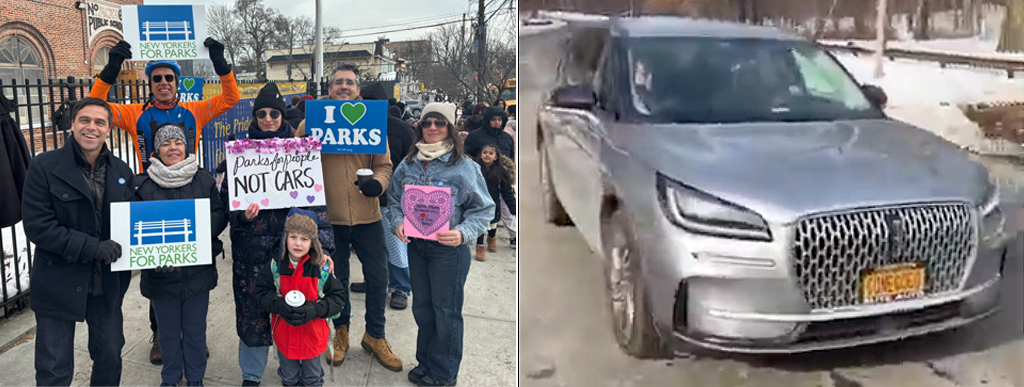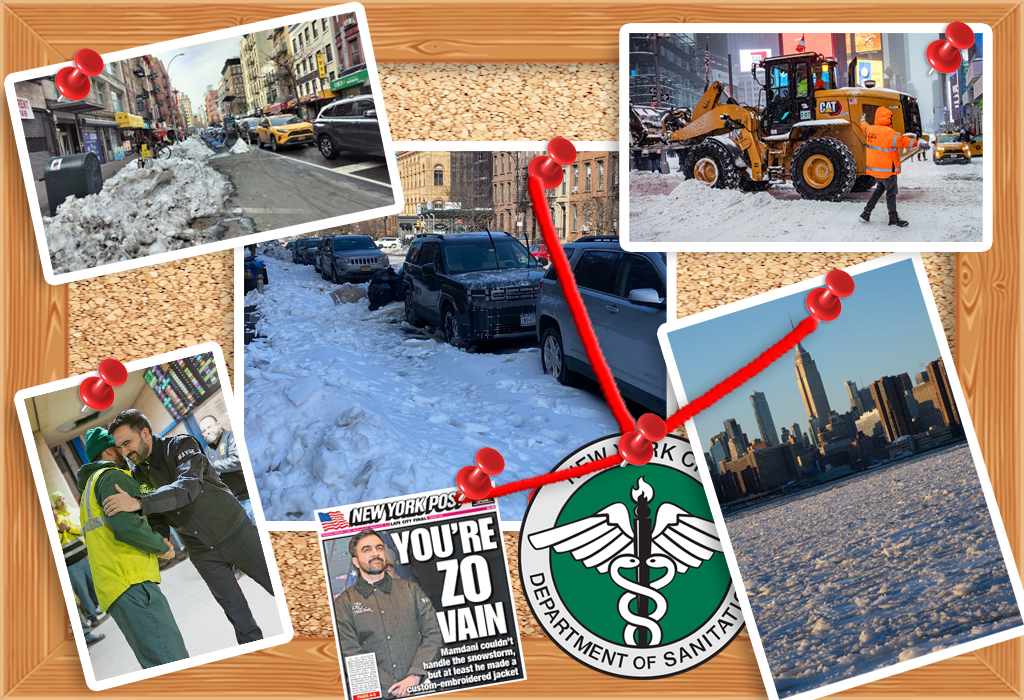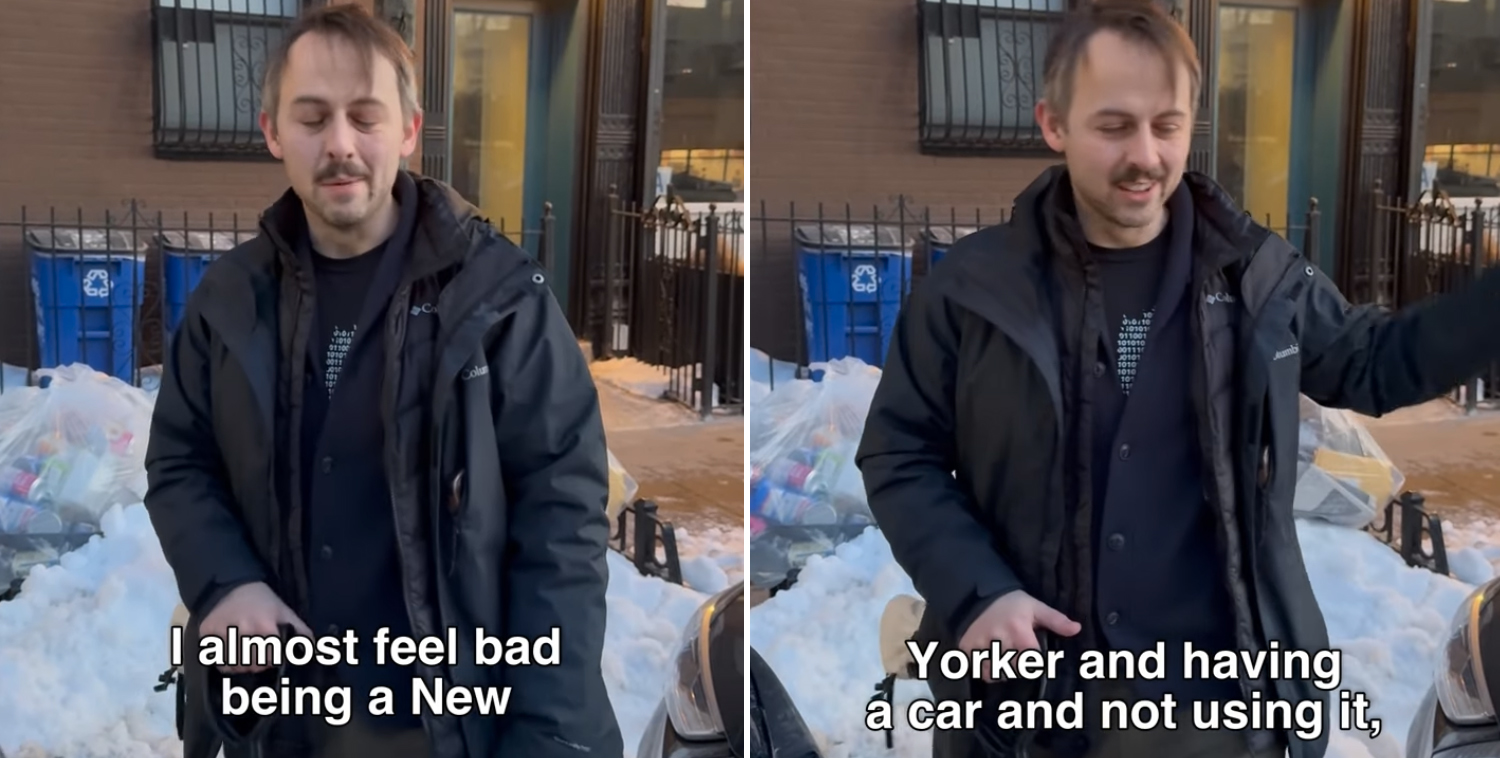The Obama campaign has fired the opening salvo in a new presidential campaign front: transportation.
The campaign released seven radio ads in key swing states, each playing to major concerns of voters in those states. The ad now on the airwaves in Virginia focuses on the differences between the two tickets on infrastructure spending. Here’s how Politico describes the ad:
The 60-second radio bit imitates a local traffic report and targets congested routes oft-cursed by northern Virginians: Interstates 395 and 66. The area is part of the sprawling D.C. region and consistently rated as having some of the nation’s worst traffic.
“Could things get any worse?” the faux anchor asks of another broadcaster, who replies, “Paul Ryan put forward a budget plan that slashes investments in road and infrastructure projects.” The two then agree that the Ryan’s “budget plan devastates infrastructure and roads projects.”
The ad also highlights the House Budget chairman’s opposition to “bridge repair and safety bills,” referring to votes against a bridge repair bill written in the aftermath of the 2007 I-35 bridge collapse in Minneapolis, the 2009 stimulus package and a 2011 appropriations bill written by Democrats.
The ad ends by saying that Romney’s pick of Ryan sends a message:
“Mitt Romney doesn’t understand northern Virginia.”
Given that nearly 40 percent of radio listeners are in their cars at any given time, this radio ad is likely to hit people at the time they can most relate to the message. But they should note – and the president’s policies do reflect this – that the cure for morning rush hour on 395 isn’t just a faster-moving road for them to drive on.
After all, parts of Northern Virginia are leaders in congestion mitigation solutions that don’t involve mindless road widening schemes. The region is served by the second-busiest rail transit system in the country, and even suburban areas have built high-density development around transit stations. Arlington, Virginia was a pioneering host of Capital Bikeshare, with Alexandria now deciding they want in on the action.
Support for these types of innovative programs is the real difference between President Obama and the Romney/Ryan ticket.
When Obama released his vision for the nation’s transportation program, the plan increased transit’s share of funding, created an infrastructure bank to fund big-ticket regional projects, increased discretionary grants for innovative transportation projects, and dedicated $4.5 billion a year (on average) to livability programs.
Romney doesn’t say much about transportation. His oft-repeated pledge to destroy Amtrak is pretty much the sum total of his words on the subject, though his record as governor is more nuanced than that would indicate.
While Romney has stayed mum on the matter (for now, at least), his VP pick has a more polarizing record, and he’s the real target of Obama’s campaign ad. Paul Ryan’s budget proposal – a banner that the Republican party has marched behind – would have slashed the transportation budget by about a third, holding spending to Highway Trust Fund levels and eliminating any programs not covered by the Trust Fund, including TIGER, the Partnership for Sustainable Communities, high-speed rail, and potentially the New Starts program for transit expansion projects.
Ryan is against virtually all spending on transportation, convinced that it’s all at least potentially wasteful, except for subsidies to the auto industry, which he voted for.






